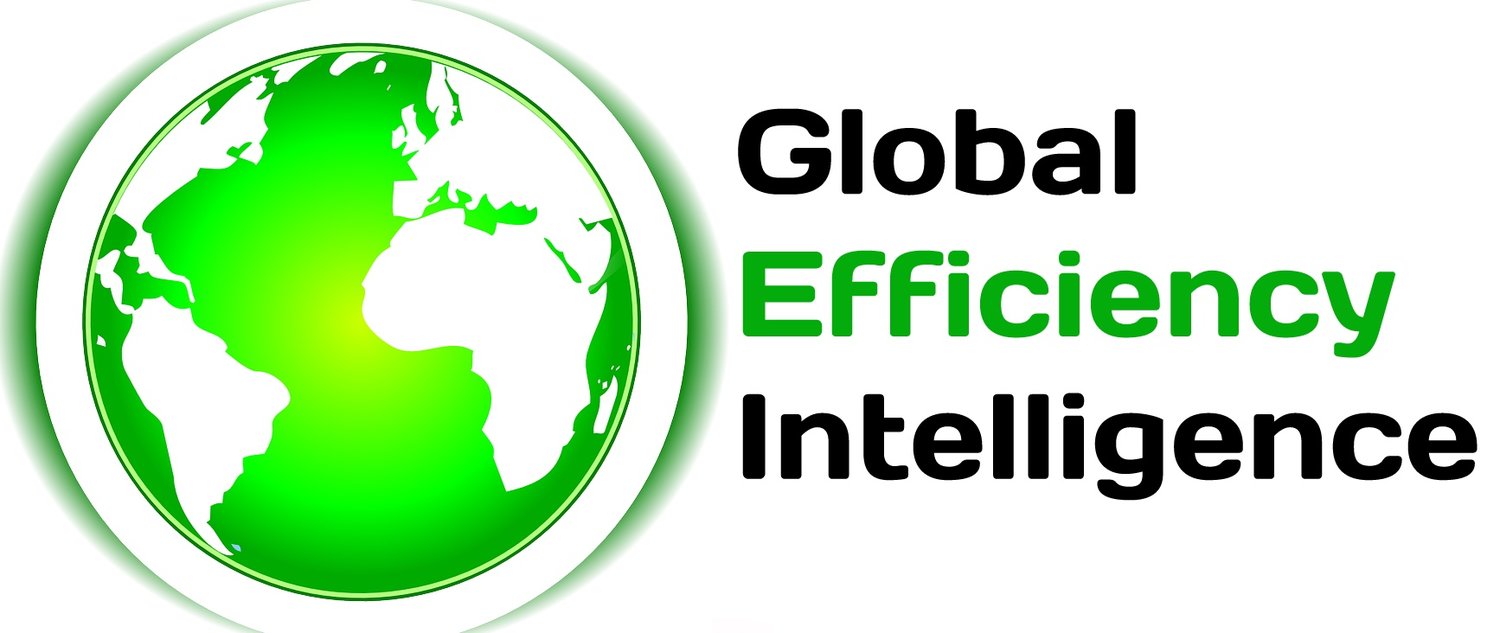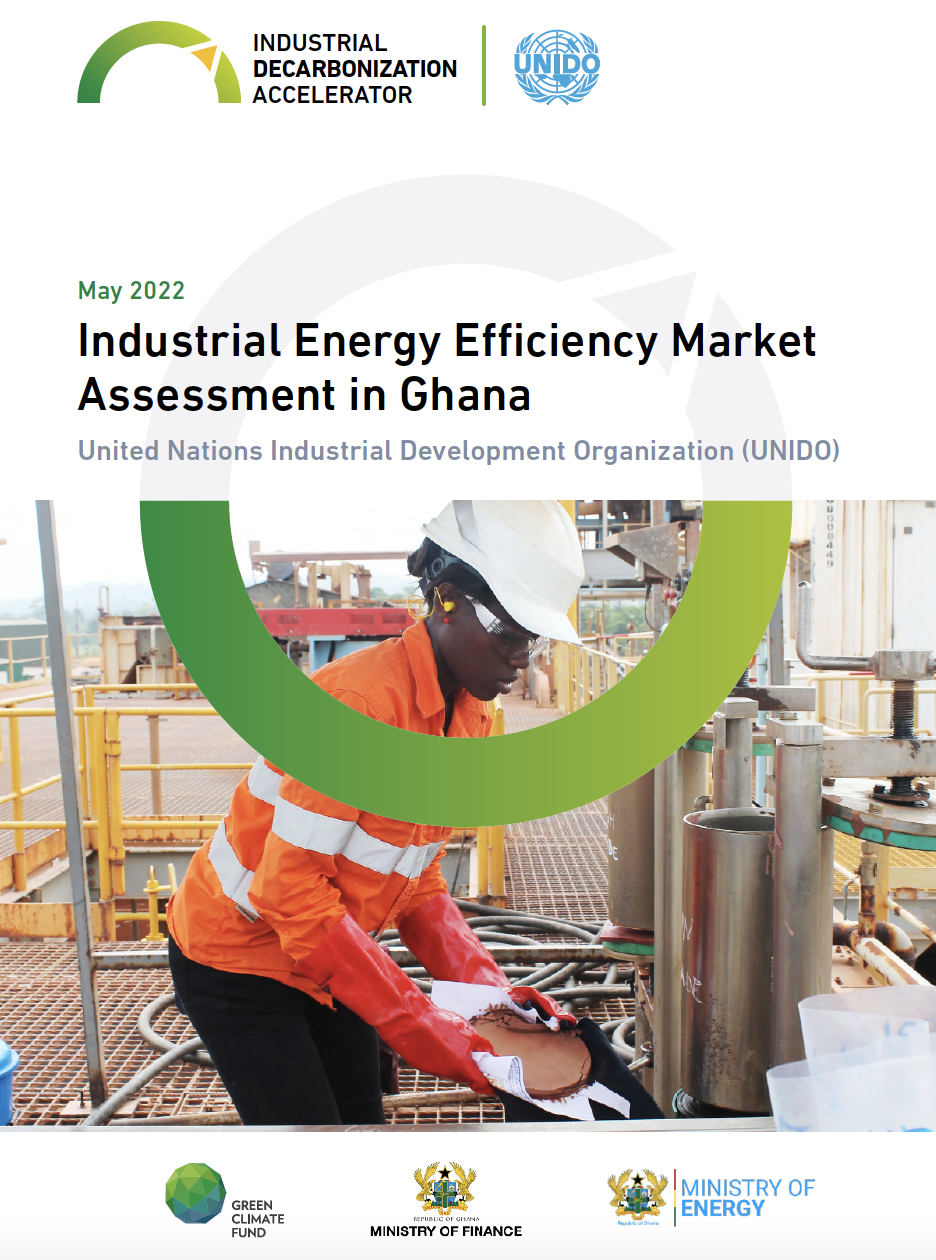Industrial Energy Efficiency Market Assessment in Ghana
A report for United Nations Industrial Development Organization (UNIDO)
Authors: Ali Hasanbeigi, et al.
Industry sector in Ghana contributes to around 30% of its GDP and employs about 21% of the population. Ghana is a developing country and industrialization is part of a rapid development goal, like many other developing countries. The industry value added in Ghana (in Billion 2015 US$) more than doubled between 2010 and 2020. Industry sector energy use will continue to increase in Ghana which will pose a challenge to both energy security as well as meeting its Paris Agreement goals stated in Ghana’s Nationally Determined Contribution (NDC). Ghana’s industrial sector has emerged as a significant driver of growth in recent years as the country leverages its abundant natural resources to diversify the economy and attract investment.
In line with this target, the United Nations Industrial Development Organization (UNIDO) and the National Designated Authority (NDA) at the Ministry of Finance-Ghana, and with funding from the Green Climate Fund (GCF) is supporting the Ghana government in an Industrial Energy Efficiency Readiness Project.
Global Efficiency Intelligence teamed up with UNIDO and local consulting consortium in Ghana to conduct a detailed study to assess the energy efficiency market potential in industrial sectors in Ghana. Our CEO and Research Director, Dr. Ali Hasanbeigi, is the lead author of this report.
In this study, we analyzed the current status of energy use and GHG emissions in industry sector in Ghana. We also reviewed the current energy efficiency policy and landscape in Ghana and conducted interviews of various stakeholders to identify institutional needs and gaps, barriers to industrial energy efficiency and suitable policies and programs to enhance energy efficiency in Ghana.
We also analyzed various energy-efficiency technologies and measures for different industrial motor systems. Using the bottom-up energy-efficiency cost curve model, we estimated cost-effective and technical electricity-savings potentials and their associated GHG emissions reduction for each industrial motor systems type in Ghana, separately. To achieve the deep decarbonization goal for industry in Ghana, we discussed that five decarbonization pillars (i.e. demand reduction and material efficiency, energy efficiency, fuel switching and electrification, transformative technologies and carbon capture, utilization and storage) must be vigorously pursued in parallel.
Finally, we have presented some of the international best practices in industrial energy efficiency and decarbonization policies and also developed policy recommendations and action plans for industrial decarbonization in Ghana. We have also developed a specific policy proposal for design, implementation and expansion of “Top-100 Energy-Consuming Enterprise Program in Ghana”.
To read the full report and see complete results and analysis of this new study, Download the full report from the link above.
Don't forget to Follow us on LinkedIn , Facebook and Twitter to get the latest about our new blog posts, projects, and publications.

